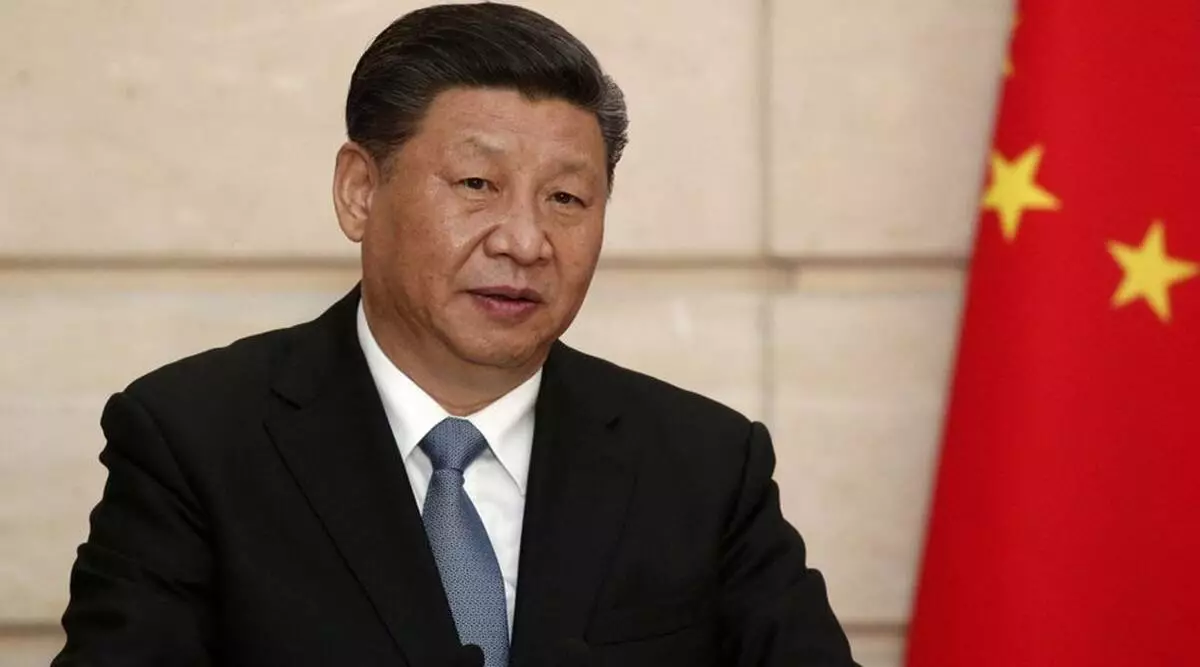China’s President Xi Jinping will host a two-day summit with the leaders of five Central Asian nations next week, Beijing said on Monday, as China moves to increase its influence in the region.
Leaders of Kazakhstan, Kyrgyzstan, Tajikistan, Turkmenistan, and Uzbekistan are expected to attend the China-Central Asia Summit from May 18 to 19, said China’s foreign ministry. The summit in the city of Xi’an is the first of its kind, according to Chinese state media, and will focus on strengthening economic and diplomatic ties with Beijing.
China, the world’s second-largest energy consumer, has invested billions of dollars to tap natural gas reserves in Central Asia. Rail links connecting China to Europe crisscross the region and are key to the success of Xi’s trillion-dollar global infrastructure project, the Belt and Road Initiative.
Beijing adheres to a policy of “good-neighborliness and friendship” concerning Central Asia, Foreign Minister Qin Gang said during a meeting with his regional counterparts in northwestern Xi’an last month.
All parties reiterated… firm mutual support on issues concerning each others’ core interests, stern opposition to external interference in internal affairs, and resolute rejection of… force creating chaos and turbulence in Central Asia.”
According to a Chinese foreign ministry report on the meeting.
The republics of Central Asia were part of the Soviet Union and have been dominated by Moscow since the mid-19th century. But Russia’s influence has been increasingly challenged since it invaded Ukraine, with Beijing courting Moscow’s traditional allies in the region.
In 2022, China’s exports to Central Asia grew 60 percent year-on-year to $1.4 billion, according to data released by the Chinese Ministry of Commerce last month. In September last year, Xi traveled to Kazakhstan on his first trip abroad since the outbreak of the COVID-19 pandemic.
Countries, including Kazakhstan, that border China’s northwestern region of Xinjiang, have remained quiet over accusations of human rights violations by Beijing targeting Uyghurs and other Muslim minorities.




